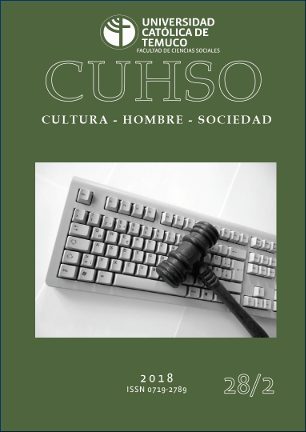Abstract
This work delves into the ideas and values that underlie the foreign policies of Chile and Bolivia. It delves into the roles assigned to regional integration and cooperation, based on the preferences and worldviews that the governments of Evo Morales, Michel Bachelet and Sebastián Piñera exposed
between 2006 and 2012. To explore these trends, we analyzed a series of presidential speeches exhibited in different international and domestic forums.
We start from the premise that states that the participation of both countries in different processes of regional integration and dialogue, from a practice that involves several countries located in the continent, reveals that they do not coincide in their emphasis, especially on matters referring to current international challenges around trade and international cooperation, and its prospects for development in the context of the crisis of the neoliberal model. We conclude that this current phenomenon results in the emergence of a model of integration with disparate content on the continent; ie in which different roles, of crucial importance prevail, regarding their positions and international insertion strategies, affecting the actions and responses to the international scenario.

This work is licensed under a Creative Commons Attribution-NonCommercial-ShareAlike 4.0 International License.
Copyright (c) 2022 Cristian Andrés Ovando, Gilberto Aranda

